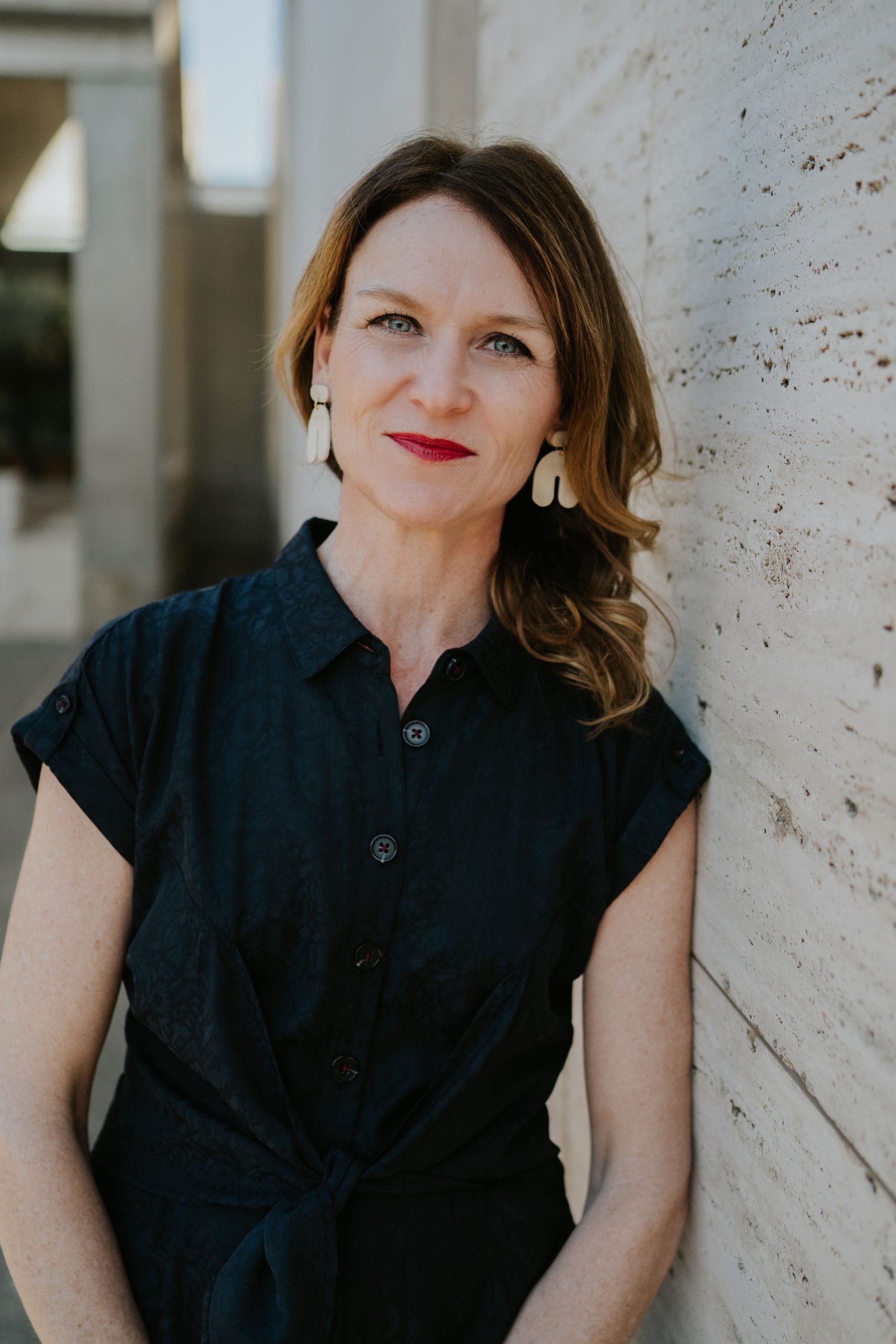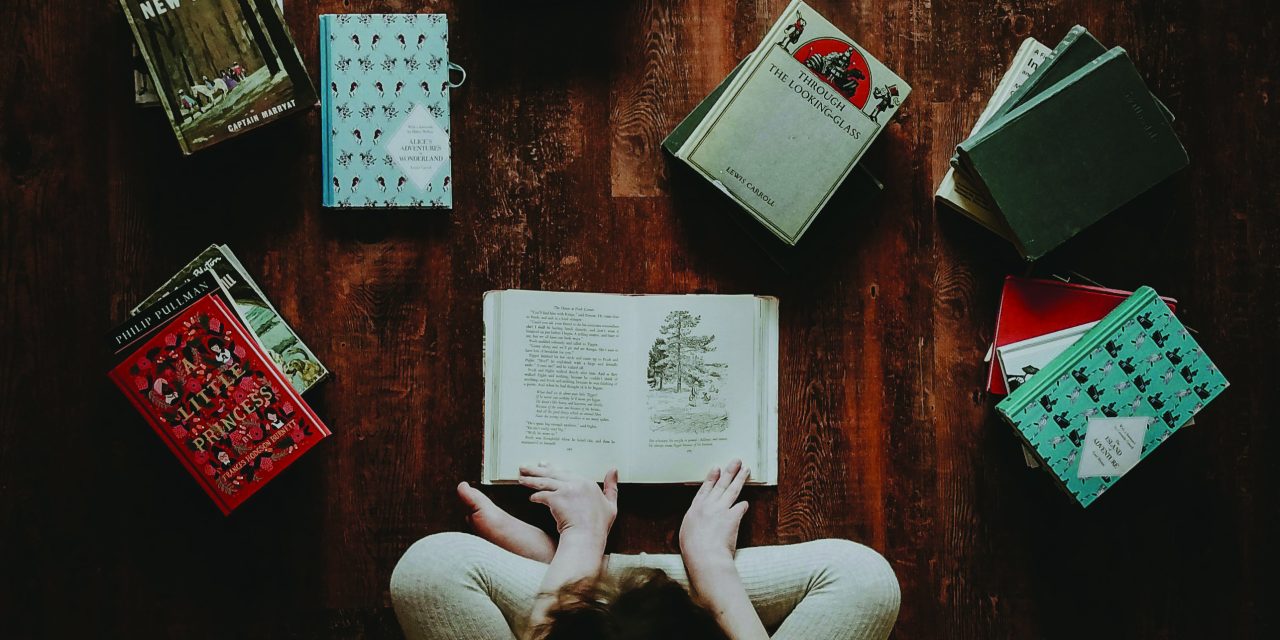Ten Tips for Reading More This Summer
by Mandi Gerth
When I was a younger mom, I used to make lots and lots of book lists: grade-level required summer reading for school, recommended books for boys from older moms, books I enjoyed as a young girl for my daughters. I spent a lot of time looking for the good books, and then tracking all the summer reading minutes so that my kids could win prizes.
I’m sure this sounds all too familiar.
As summer vacation opens before us and warm temperatures whisper promises of leisure, I want to encourage you to hit pause before you begin making all those lists and aiming for all the prizes. Perhaps this summer, unlike those before, you should focus first on your own summer reading. Doing so models for your children what it looks like to make classical education something you do all year long while also fostering your own spiritual and intellectual growth.
I managed to finish 62 books in 2024 while writing my own book and beginning three new jobs. Reading is part of my life, “as familiar as my coat and shoes, as my body.”* I cannot go without. This is how I do it, no matter what happens to me and around me—may these suggestions help you to increase your own reading as well!
- Pay attention to when you feel like reading what. Years ago, I realized that I preferred to read certain types of books at different times of the day or on different days of the week. After I realized this about myself, I intentionally started to structure my reading to match this rhythm–I leaned into it, rather than forcing it to be what it was not. For example, I read devotional books in the morning after prayer. I read novels in the evening before bed. I read nonfiction or classic literature on Sunday afternoons as a part of my Sabbath rest. I try to read aloud to my family after dinner and to my daughters before bed (although that’s harder and harder to do as my children get older).
- Have multiple books going at the same time. Once you have figured out your rhythm, match books to the type of reading you find easiest to do at different points of the day and at different points in the week. Having multiple books going at the same time helps you get more reading done, not less.
- Choose your reading categories and then start a book in each category. When you finish a book in that category, pick up a new one to fill its place. Don’t wait to finish all categories before you start a new book. Just keep replacing the ones you finish in each category as you complete them.
- Listen to audiobooks in the car. Have an audiobook to listen to when alone in the car and a classic children’s novel to listen to when there are children in the car.
- A few pages a day is still progress. Even if you just have ten minutes to kill, read rather than picking up your phone. Give social media less of your time.
- Bring a book with you when you leave the house, and leave books in the house where you will be reminded to read them. Fill your nightstand and your side tables. Place a family read-aloud by the kitchen table and stack them near the children’s beds.
- Listen to fewer podcasts. I have just two podcasts I listen to regularly because I want to guard my time for reading. Rather than listen to people talk about the books I should be reading and the ideas I should be thinking, I go to the primary sources and talk with my family and friends.
- Watch less television. I stopped watching television when I went back to grad school. I simply didn’t have the time. I graded papers every evening after dinner, and I got up early to do my reading. There was no time for TV. Now that I am done with grad school, I still don’t watch TV. I’ve kicked the habit.
- Read aloud to your children or your spouse. If you have a book you’d like to read, consider making it a bedtime or dinner-time read-aloud. Sharing the experience with others will make it more enjoyable and introduce accountability.
- Have a “book date” with each of your children. One summer, I read one book alongside each of my five children and then took each out for frozen yogurt to talk about the book. Even if you can’t commit to revolutionary new reading habits, you can commit to one book with one child and one frozen yogurt date to talk about it.
*from Hannah Coulter by Wendell Berry
Mrs. Gerth’s Recommendations:
Need ideas for how to start a classical reading plan? Start with your school’s book list! Or, start your own rotation of categories with a few of my favorites:
Classic Literature
The Republic by Plato
The Odyssey by Homer
The Pilgrim’s Progress by John Bunyan
Pride and Prejudice by Jane Austen
Frankenstein by Mary Shelley
The Death of Ivan Illych by Leo Tolstoy
Fiction
A Man Called Ove by Fredrik Backman
Hannah Coulter by Wendell Berry
Family Read Aloud
Everything Sad is Untrue by Daniel Nayeri
The Wednesday Wars by Gary Schmidt
The Watsons Go to Birmingham by Christopher Paul Curtis
Devotional or Spiritual
A Small Cup of Light: A Drink in the Desert by Ben T. Palpant
Becoming Elizabeth Elliot by Ellen Vaughn
Long Obedience in the Same Direction by Eugene Peterson
Psalms for Trials by Lindsey Tollefson
Classical Education Nonfiction
Love What Lasts by Joshua Gibbs
You are What You Love by James K. A. Smith

Mandi Gerth lives in Dallas, TX, where she teaches and writes about classical education. For over twenty years, she and her husband have labored to build a family culture for their five children that values books, baseball, museums, home-cooked meals, and conversation about ideas. You can follow Mandi on Instagram @mrsgerthteaches or subscribe to her Substack at mrsgerthteaches.substack.com.
Need ideas for how to talk with your children about books? Read Better Questions, Better Answers.










